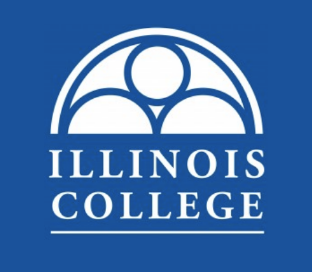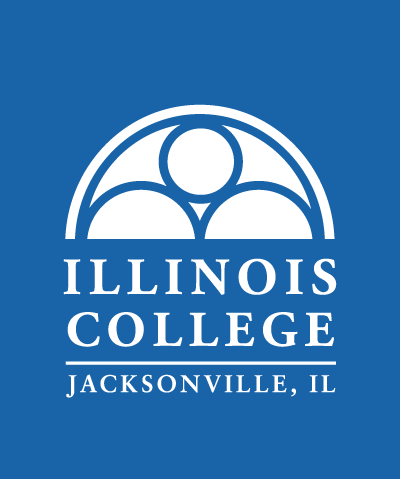We strive to make excellence affordable. Illinois College is consistently ranked as one of the best values in higher education. As an online student, you already have the financial advantage of a flexible schedule that fits around your other commitments. Learn more about how we can help you make your education as affordable as possible.
FINANCIAL AID POINTS OF PRIDE
Our students graduate confident in the value of their Illinois College education. Here are our points of pride:
- IC’s graduation rate is well above the national average.
- Over the past five years, IC’s tuition has increased an average of 3.7% annually. According to the U.S. Department of Education, the average tuition increase among private colleges and universities is 6.4%.
TYPES OF AID
Federal Aid (FAFSA)
The Free Application for Federal Student Aid determines eligibility for aid such as grants, work study opportunities and loans. We highly recommend you complete the FAFSA, as it provides you with the best chance to receive financial aid.
- General Eligibility Requirements
- Must be admitted to Illinois College and enrolled in a qualifying degree-granting program
- Must be a U.S. citizen or eligible non-citizen, as determined by FAFSA
- Must be enrolled at least half time each semester to qualify for a federal direct loan
- Half time for undergraduate work is six credits per semester
- Must be in good standing with all prior federal student aid
- Must complete the FAFSA one time per academic year
- Completing the FAFSA
- Apply for a federal student aid (FSA) ID at https://fsaid.ed.gov/.
- Must have an FSA ID to sign FAFSA electronically
- Dependent students: student and parent must have separate FSA IDs
- ID is also used to sign student loan documents electronically and access federal student aid information online
- Please do not share your ID with other individuals or outside agencies
- Complete FAFSA online at https://studentaid.gov/h/apply-for-aid/fafsa.
- Federal school code: 001688
- The FAFSA is generally available Oct. 1 for the following academic year.
- You will need to provide income tax information from two years prior. For 2025-2026, you will need 2023 tax information. If you are able, use the IRS Data Retrieval Tool to automatically import your tax information.
- Should it indicate any errors, you will be required to submit corrections on the FAFSA website before financial aid can/will be processed at Illinois College.
- Financial aid awards are completed after receipt of the FAFSA and any requested documents.
- Apply for a federal student aid (FSA) ID at https://fsaid.ed.gov/.
Loans
Illinois College accepts the following federal direct loans. Students must be enrolled at least half time to borrow. Half time for Illinois College undergraduate students means six credits per semester.
Annual Direct Loan Limits
Dependent Students | Independent Students | Graduate or Professional Students | |
|---|---|---|---|
First-Year Undergraduate | $5,550 | $9,500 | $20,500 |
Second-Year Undergraduate | $6,550 | $10,500 | |
Third-Year and Beyond Undergraduate | $7,500 | $12,500 | |
Subsidized and Unsubsidized Aggregate Loan Limit | $31,000 | $57,500 | $138,500 |
Military and Veterans
Illinois College participates in a number of federal programs designed to help service members and their dependents afford their education. View our Military and Veterans page for additional information.
Additional Sources of Aid
There are numerous sources of outside aid to help fund your degree.
- Illinois Monetary Award Program (MAP)
The Monetary Award Program provides grants, which do not need to be repaid, for Illinois residents who attend approved Illinois colleges and demonstrate financial need through information provided on the Free Application for Federal Student Aid. Several components are used to determine eligibility, including the cost of tuition for the college you plan to attend and the amount of other financial aid you are receiving. MAP grants are not limited to traditional college-aged students. If all eligibility requirements are met, adult and non-traditional students (older than recent high school graduates) may also qualify. Students who have previously earned a bachelor's degree or have exhausted their eligibility do not qualify for MAP grants.
- Scholarship Databases
There are many resources available to help you fund your education:


